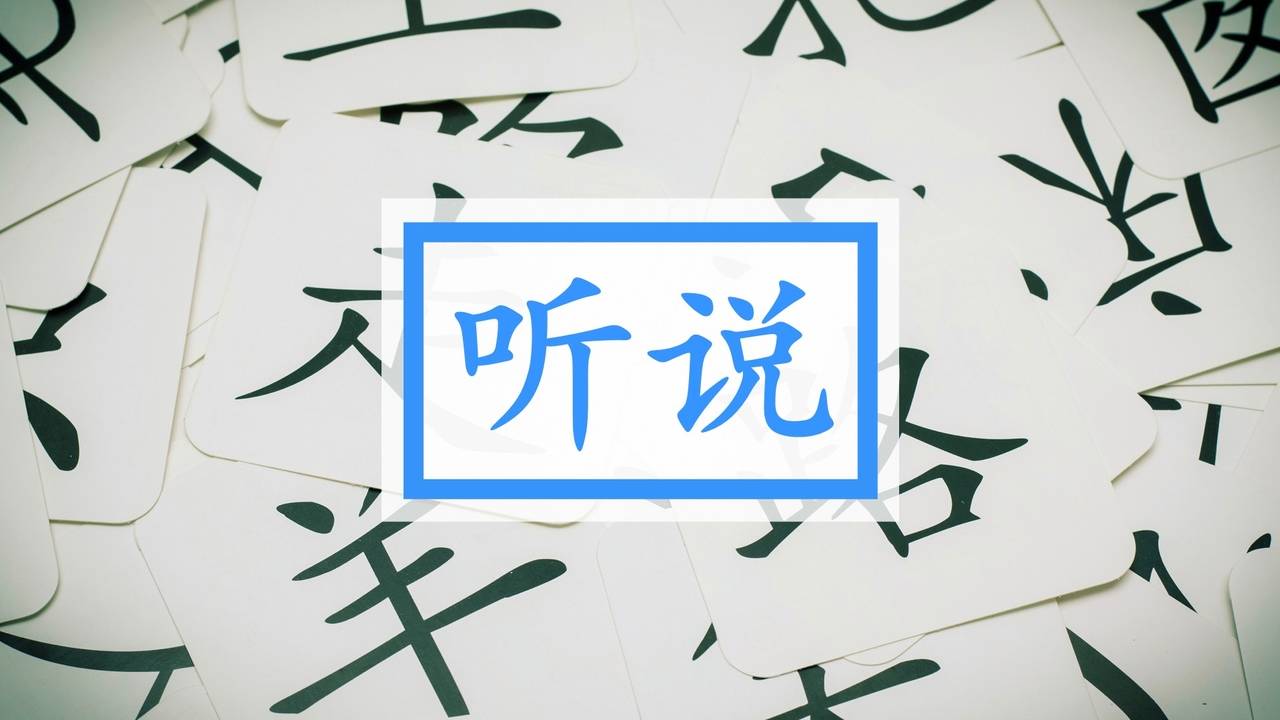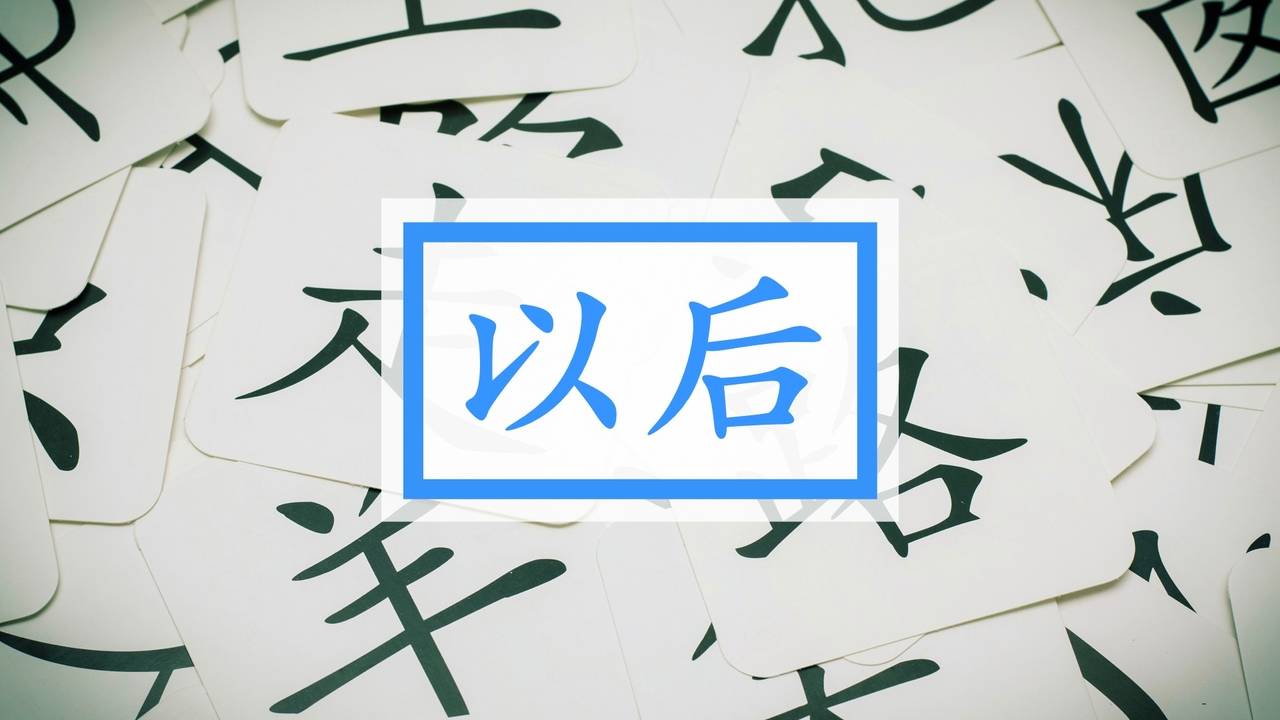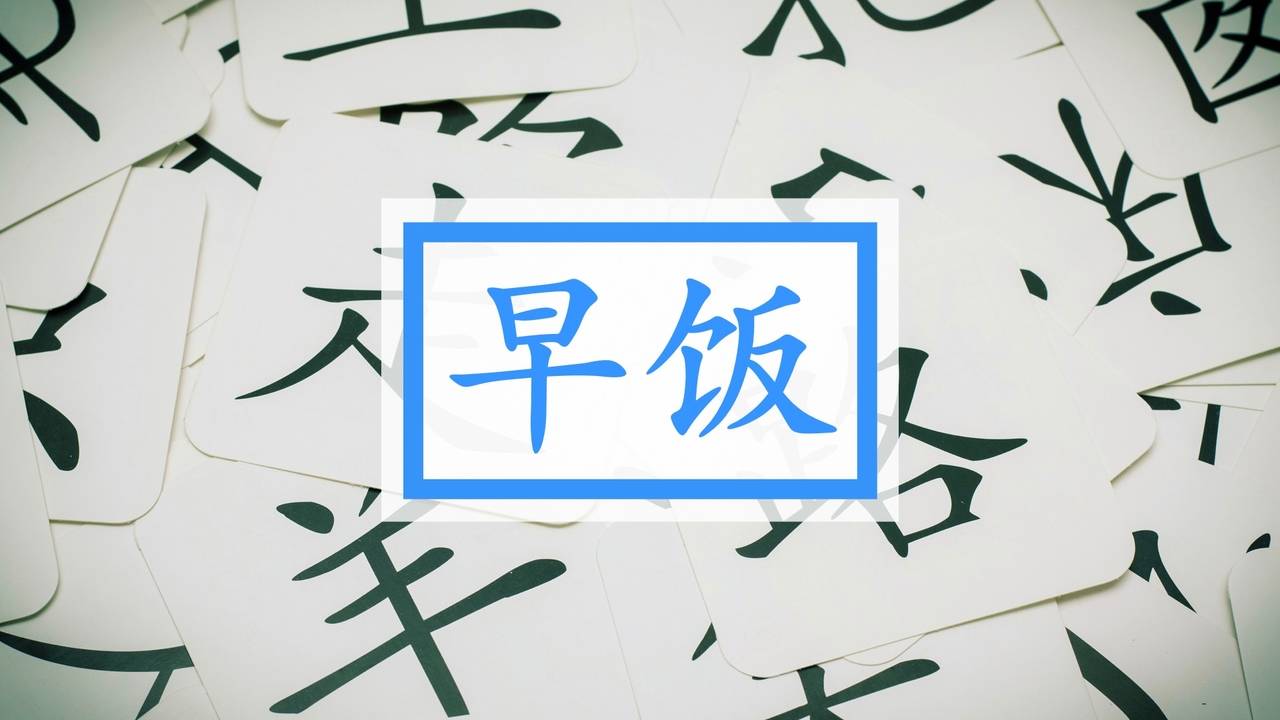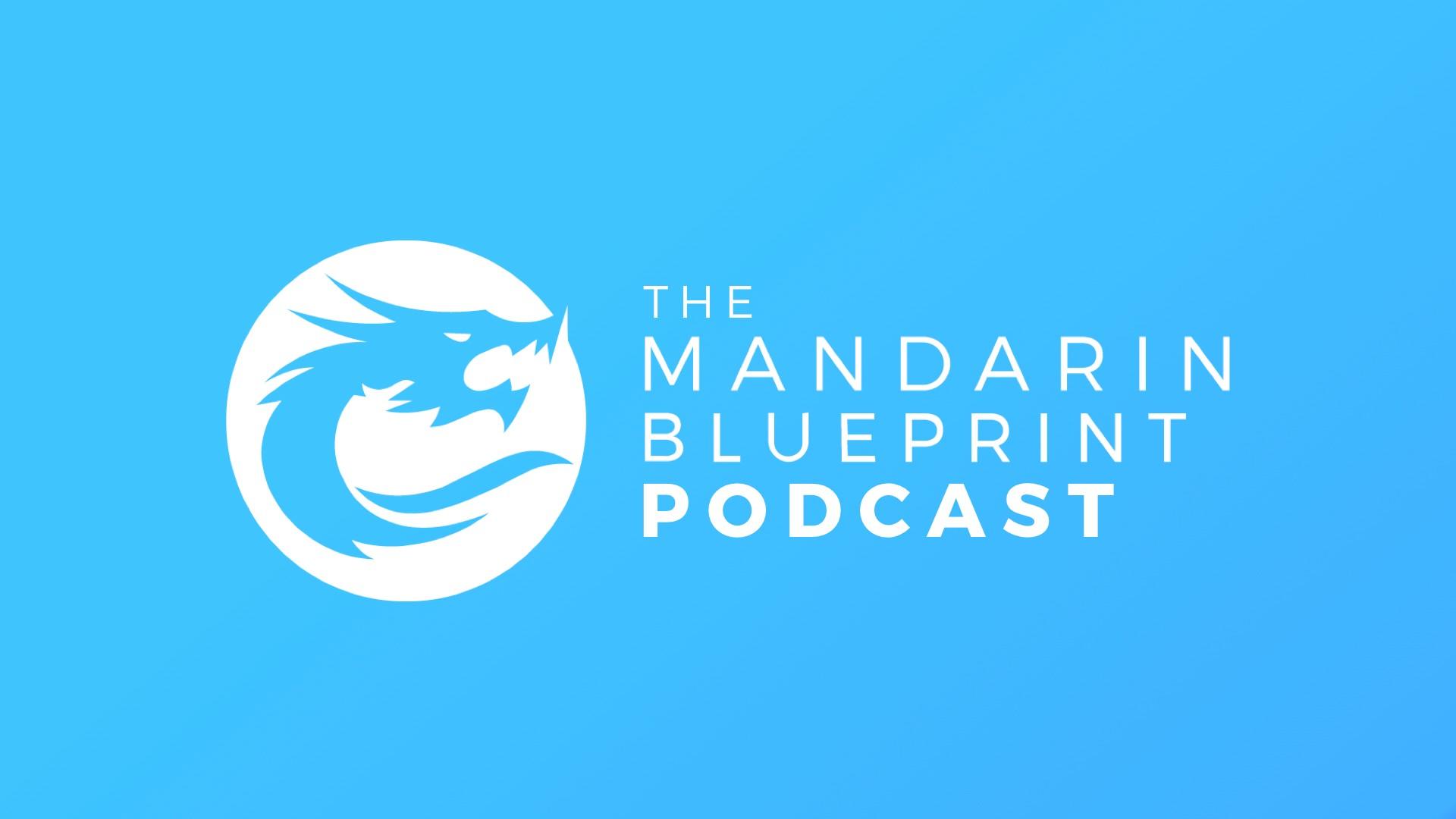
Level 23 - Vocab in Context
43 Lessons
1

某个 in Context
2

某些 in Context
3

其他 in Context
4

讨厌 in Context
5

斤 in Context
6

公斤 in Context
7

听 in Context
8

BONUS: Helper - Expressing That an Action Has Happened Before with 过
9

好听 in Context
10

听力 in Context
11

听见 in Context
12

听话 in Context
13

听说 in Context
14

近 in Context
15

最近 in Context
16

后 in Context
17

以后 in Context
18

然后 in Context
19

后来 in Context
20

最后 in Context
21

BONUS: Helper - Turning Adjectives into Adverbs with 地
22

后天 in Context
23

后面 in Context
24

后边 in Context
25

厚 in Context
26

反正 in Context
27

相反 in Context
28

BONUS: “How Does What" - Adverbs Expressing Tone of Voice
29

米饭 in Context
30

早饭 in Context
31

午饭 in Context
32

吃饭 in Context
33

吃饱 in Context
34

饿 in Context
35

员工 in Context
36

工人 in Context
37

江 in Context
38

左边 in Context
39

左右 in Context
40

右边 in Context
41

差 in Context
42

差不多 in Context
43

差点儿 in Context
Next Character
好听 in Context
CONGRATULATIONS!
A NEW WORD HAS BEEN UNLOCKED
好听
Usage 1 - "pleasant to hear":
Sentence:
这首英文歌很好听。
English:
This English song is lovely.
Top-Down Words:shou
首 - (alt. definition) measure word for songs
英文 yīngwén - English
歌 gē - song
Sentence:
他歌唱得好听。
English:
The songs he sings sound lovely.
Top-Down Words:
歌 gē - song
*Sentence:
我听到了一个很好听的声音。
English:
I heard a beautiful voice.
Top-Down Words:
到 dào - (verb complement) to reach, to succeed in the preceding verb
声音 shēngyīn - sound
*Sentence:
说话说得很好听,让别人错认为他们什么都能做,都会做。
English:
He talks so well that people mistakenly think that they can and will do anything.
Top-Down Words:
错 cuò - to make a mistake, mistaken
都 dōu - all, every
别人 biérén - other people
做 zuò - to do, make, to cook
Need a Reminder?
The Six Steps to Learning Words
Understanding Chinese Words - Morphemes





Matt Shubert
Just a simple sanity check to see if I'm understanding....
"...让别人错认为他们什么都能做..."
Could also be:
"...让别人以为他们什么都能做..."
Is that correct?
Mandarin Blueprint
Yep! Both are fine :)
Jason Pon
说话说得很好听,让别人错认为他们什么都能做,都会做。
What's the meaning of 说 appearing twice at the beginning? Is it a form of emphasis or is it necessary in the meaning? (The definition says 'he' but 'he' is not explicit here - is it implied, or?)
Mandarin Blueprint
Hey Jason, we addressed the question of two of the same verb in a sentence in this video: https://www.loom.com/share/f9991a2953124e1984f9e1c9ccd8cccf?sharedAppSource=personal_library
And yes, the "he" is implied. It's a part of a longer form piece of content ;).